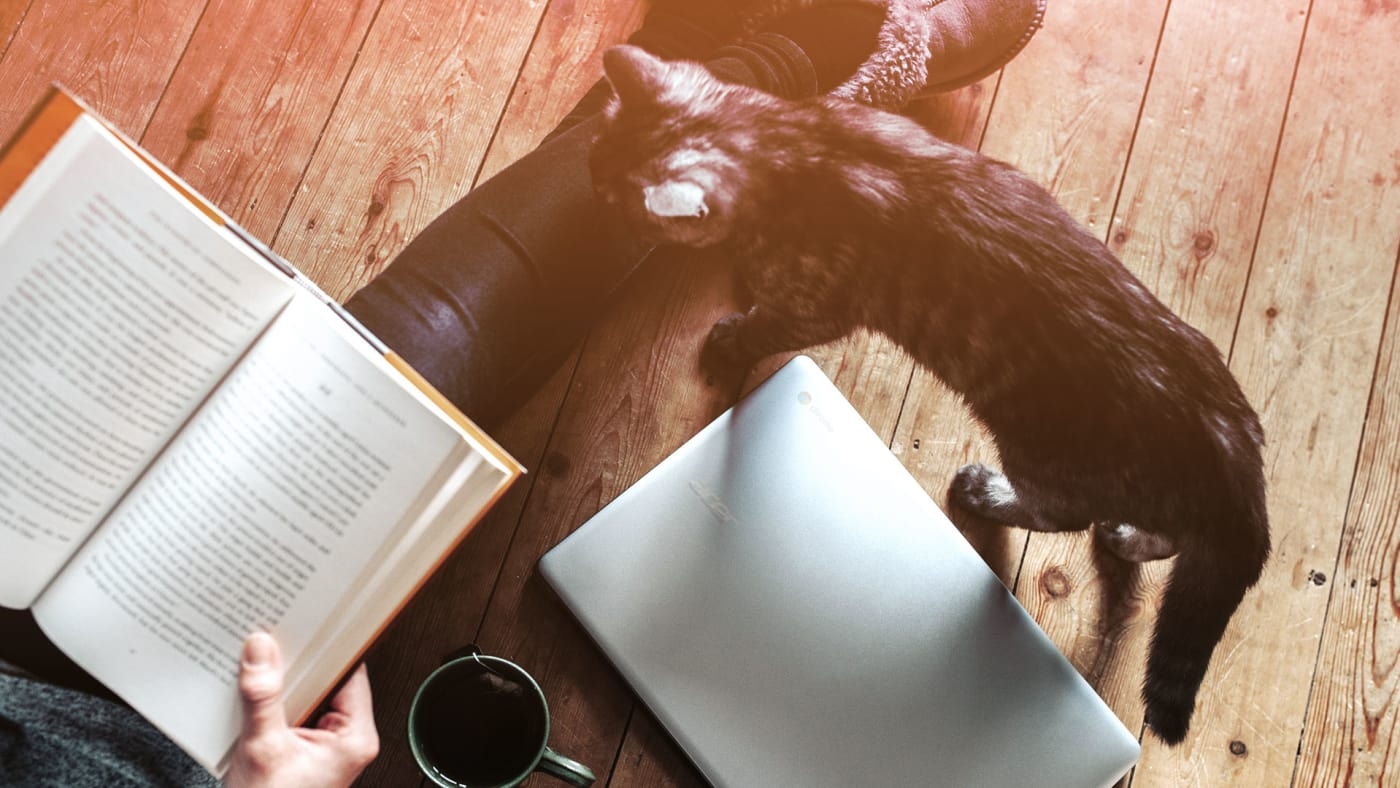I Committed To An Email-Free Morning For 5 Days, Here’s What I Learned
Full disclosure: I don’t do morning routines. The only thing I do every day is groggily roll over in bed when my alarm goes off and check my email. According to everything I’ve ever read on the subject, it’s just about the worst thing you can do for your productivity–and I was starting to feel like those articles were right.
It makes sense–it’s hard to get your day on the right track when you start it with a livestream of what other people want from you. Your inbox doesn’t scan through senders and prioritize based on importance. (Wouldn’t that be great though? “Email from Rob requesting item 6.5 levels below your pay grade. Auto-forwarding to your assistant.” “Suzy needs report ASAP. Based on past requests from Suzy, you have three weeks to complete this task.”) It all comes at you at once–the trivial and the essential, the logistical and the theoretical, the urgent and the long-term.
The worst part is that even if you actively make those distinctions yourself, checking off task boxes is addictive–or at least it is for me. Replying to a non-urgent but simple email and removing it from my inbox gives me a little shot of dopamine every time. Check! You did a thing. Yes. More.
It became hard to ignore the ramifications of this list-checking mentality when I found myself transferring tasks I hadn’t completed to a new to-do list at the beginning of every month. The items I was rolling over, every time, were the most important ones.
They were the less concrete, more time-intensive, bigger-picture tasks. They were the things that required me to step back, take a breath, and think critically not just about what I was doing but the how and why of what I was doing. I knew something had to change. My morning habit–setting the tone for each day–seemed like the best place to start.
So I vowed that for one week, I wouldn’t even open my email until 11:00 a.m. I could survive. Right?
Monday
On the first day, my instincts threatened to ruin the experiment before it even begun. At 7:30 a.m., I reached over, grabbed my phone, and–stopped myself in the nick of time. On the train, I worried that something urgent might be in there and I would never know because my colleagues didn’t even know I was doing this experiment. Should I make an announcement? Would that be cheating? How would I even make an announcement without email–leave everyone voicemails? I was nervous.
When I sat down at my desk with my to-do list, I genuinely couldn’t fathom how I would accomplish anything on it without email. Flustered and frustrated, I took inventory. In reality, of the 36 items on my list, only 14 would’ve required me to look at my inbox.
Other than compulsively moving my mouse toward the Outlook icon, things were going pretty smoothly until around 10:45, when I received not one but two calls from colleagues asking if I’d seen a controversial email we had gotten that morning. My skin started crawling–I had to see! I told my colleagues I’d get back to them, and spent an agonizing 15 minutes waiting to be released from this information-less nightmare.
Finally it was 11:00, and I had my first important realization of the week: I had 20 emails, and zero were urgent.
Tuesday
Feeling calmer on day two, I had a fairly productive morning, but had to crack at 10:45 in order to look something up for a meeting. When I did, I was able to immediately delete five emails.
I’ve been told to set aside specific chunks of time in my day for email and as much as possible, to handle each email only once. Doing this experiment made me realize how far away from that practice I’d gotten. If I could do a better job following that advice, I thought, maybe there’d be more time left over for the tasks I kept nudging to the next month.
Wednesday
Wednesday morning was a struggle. I’d been up late the night before and didn’t get nearly enough sleep. When I sat down at my desk and looked at my computer, my heart sank. Ugh, I just want to look at my email, it’s so much easier.
When I’m tired or stressed, completing small tasks is how I get myself going, and without email, I felt lost. Instead of wading into my work gently, I had to jump straight into the deep end. It was a long morning. It turns out there are some days when you really do need to use menial tasks to get things flowing–it just shouldn’t be every day.
Thursday
By this point I was getting used to my email-less mornings, though I still felt I wasn’t taking full advantage of them. Even though I wasn’t doing the shallowest of shallow work (i.e. firing off an email that says “On it!” or “I agree”), I was still comforting myself by doing fairly shallow tasks–just ones that didn’t involve email. I was still putting off items on my to-do list that started with words like “Brainstorm,” “Research,” “Plan,” or “Think,” and doing the ones that started with words like “Finish,” “Make,” “Order,” “Send,” “Organize,” “Ask,” “Prep,” and “Get.”
I vowed that on the last day of my experiment, I would be more intentional and designate my morning hours for a specific task–pure brainstorming (instead of checking off items that were only slightly more meaningful than “I’m available Friday afternoon for the call.”)
Friday
Friday morning was different. My colleagues and I met, as planned. It was the first day I felt like I had used the time well, and in a way I wouldn’t have been able to had I been looking at email the entire time.
Author and former editor-in-chief of Cosmopolitan Kate White told me, “Don’t forget to drain the swamp while you’re slaying the alligators.” In other words, when you’re working toward a long-term goal (draining the swamp), don’t let your time and energy be eaten up by urgent, daily tasks (slaying alligators) that don’t necessarily help you achieve that more important objective. It’s brilliant, but wow is it so much easier said than done.
Although I certainly improved the quality of my morning work throughout the week, I came away with one overarching feeling: It’s going to take a lot more than just opening my email later to shift from slaying alligators to draining the swap. If you’re going to do something like intentionally ignore your email for a few hours, you need to be just as intentional about planning how you’re going to spend that time.
Going forward, I plan to set aside one or two mornings each week for pre-email brainstorming, planning, and strategic thinking. I won’t look at my inbox until I’ve completed one big-picture, time-intensive task–which I will choose ahead of time and block out on my calendar as if it were a meeting with myself. The alligators will just have to wait.
This article originally appeared on The Daily Muse and is reprinted with permission.
(23)



